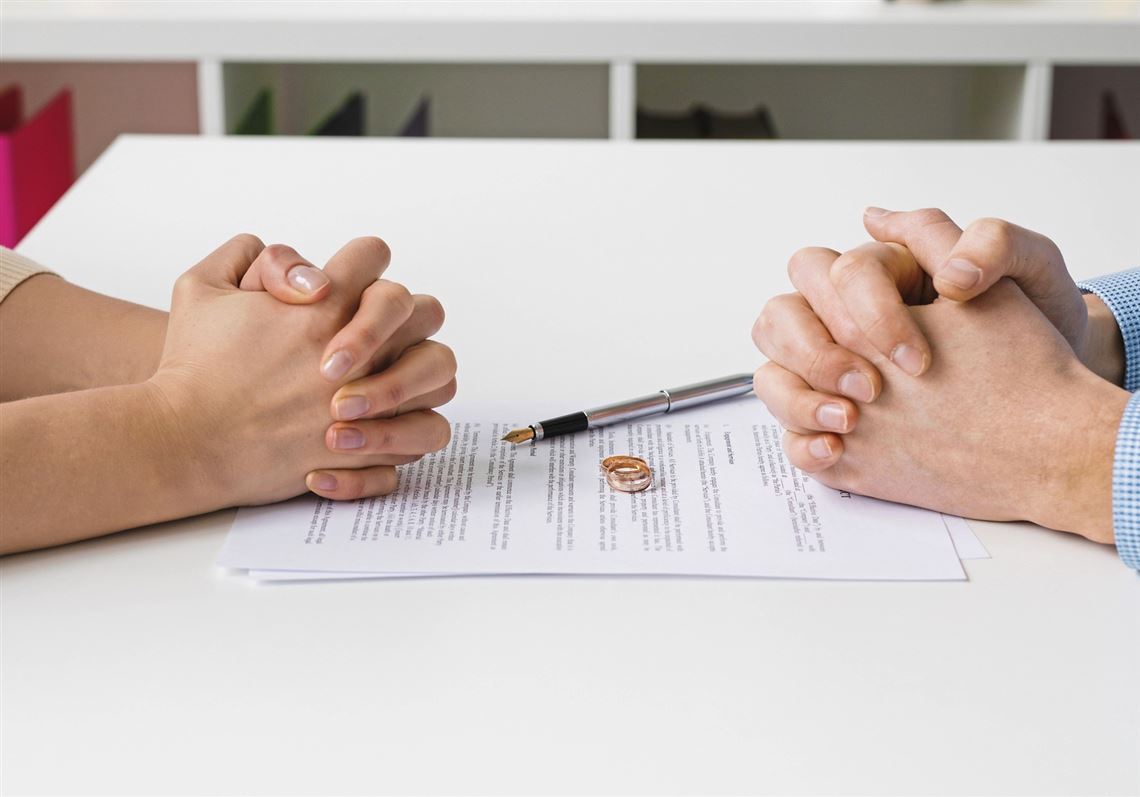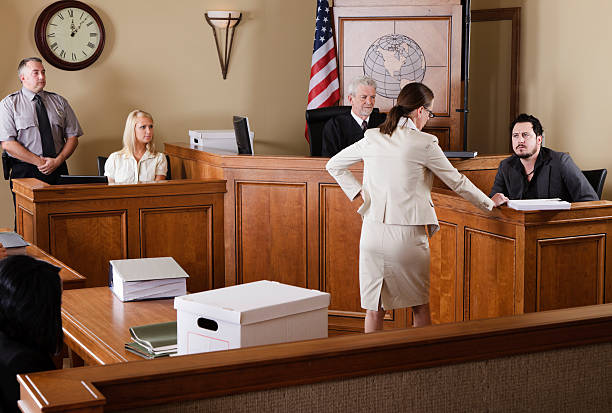
Divorces are complicated and stressful, but when the couple is not smart enough, divorces can be an expensive, time-consuming procedure. Fighting out the internal matters of the family in a public court is anything but pleasant, and the whole process of contested divorce can be avoided with a collaborative divorce. As the name suggests, a collaborative divorce is where both spouses work together and decide on a settlement on relevant matters away from the court room. An experienced divorce attorney can help with the process. The process of collaborative divorce helps couples in finding solutions to their disputes, matters of contention and other things, by discussion and finding means and ways that are acceptable to both.
How does collaborative divorce works?
Both parties need to hire individual divorce attorneys to discuss what they want from the procedure. This is often considered to be the first step of the collaborative divorce. The parting spouses with their respective attorneys then come together and negotiate matters. Sometimes, depending on the complications of the case, the couple may choose to engage specialists on child custody and other people like financial experts, so as to sort things in an amicable manner.

In case of non-agreement
If a collaborative divorce doesn’t seem to be the way out for a couple, the whole process of a contested divorce can be initiated again as required. Sometimes, it is often because of one particular issue that a collaborative divorce may not work, and it is possible to take things ahead in the court for that aspect alone, while other matters can be settled amicably.
Why consider a collaborative divorce?
Contested divorces are expensive and meant to be exhaustive. For many couples, keeping the matters private is important and relevant. Also, a collaborative divorce is much cheaper and can help you save comparatively a lot more money than a contested in-court procedure. Since matters are settled outside the court, the time required for the procedure is a limited. Warring couples may not agree to a lot of things, but they often want to maintain basic courtesy and civility in the matter, and that’s when collaborative divorce makes much more sense. It is also, of course, a lot more informal and parties can reduce the stress that’s typically associated with divorces.

If you and your partner are willing to discuss things and compromise on certain aspects, a collaborative divorce is the right way to agree on matters mutually.
Getting Your Career In A Courtroom Started
June 8, 2023
Comments are closed.
-
When Should You Hire A Work Injury Attorney? Find Here!
April 28, 2020
Latest Posts
-
How Lawyers Can Help You After A Truck Accident
March 31, 2024 -
Key Legal Considerations in Commercial Conveyancing
January 18, 2024
Recent Posts
- Maximizing Your Referral Potential: Proven Strategies for Identifying and Evaluating Car Accident Lawyers in Miami
- How Lawyers Can Help You After A Truck Accident
- Unraveling the Legal Maze: Loss Transfer Lawyers and Their Role in Insurance Claims
- Key Legal Considerations in Commercial Conveyancing
- Achieving HR Compliance: The Complete Guide to Implementing an Effective HR Compliance System












